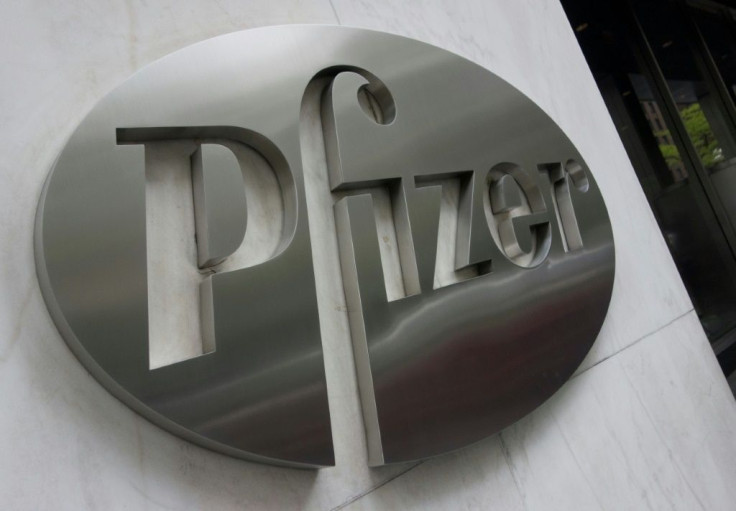Rampant Rise Of Omicron Hindering Launch Of COVID-19 Pill
With an average of 747,000 new cases reported daily, the Omicron variant of COVID-19 is showing no signs of slowing down, and unfortunately, antiviral pills that were meant to have an enormous impact against the virus are running not only in short supply, but also aren’t reaching the expectations of medical experts.
The two new antiviral pills, Paxlovid and molnupiravir, were granted emergency use permission in December by the FDA to remedy mild or moderate disease caused by COVID-19. Paxlovid, Pfizer’s pill, notably decreases hospitalization rates by about 90% and is deemed safer than Merck’s pill molnupiravir.

However, according to CNN, while Paxlovid is thought to be a higher quality pill, it also takes around six to eight months to manufacture, with Pfizer saying as a result that it can only supply 250,000 courses of medication by the end of January.
According to the Associated Press, supply is believed to surge exceptionally over the next few months, yet medical experts are demanding the treatments now as omicron continues to rise uncontrollably. Furthermore, the two drugs that have already been authorized have not had promising results against the new variant.
“January is going to be a terrible month with a million cases a day,” University of North Carolina virologist Dr. Myron Cohen said. “Most people will do perfectly well, but we have to select out the people who won’t and give them the drugs we have available.”
While speaking with CNN Chief Medical Correspondent Dr. Sanjay Gupta, executive vice president for research at Scripps Research Dr. Eric Topol expressed optimism regarding the COVID-19 pills.
"I actually consider it the biggest advance in the pandemic since the vaccines, and the safety is part of it," he said. "It's very rare to see something with this much efficacy of nearly 90% reduction of hospitalizations and deaths with no safety issue beyond placebo."
© Copyright IBTimes 2025. All rights reserved.





















